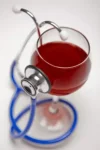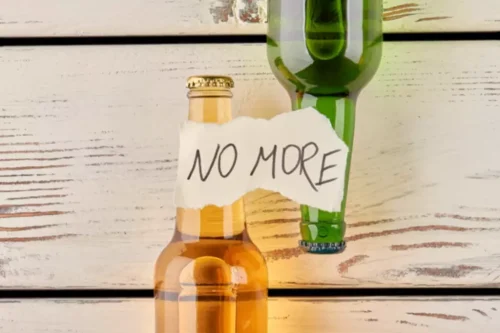Hangover Symptoms, Remedies & Prevention
If you haven’t eaten, you’re a lot more likely to have stomach pain and vomiting after drinking. However, drinking more does often make for a more severe hangover, and severe hangovers usually last longer. Still, 24 hours can feel like an eternity when you’re dealing with a mishmash of physical and mental symptoms. And depending on various factors, some symptoms can be worse than others in terms of severity and duration. Alcohol poisoning is a serious result of drinking too much too quickly. It is life threatening and requires immediate medical intervention.
Hangover Cure FAQs
- But there’s no research to back up the idea that electrolytes — whether you drink them or take them in through a vein in your arm — are a cure.
- Dombrowski said the idle time — three days off in a span of five days — may prove more challenging for the relievers, who are most effective when they pitch regularly.
- There is no way to speed up the brain’s recovery from alcohol use—drinking coffee, taking a shower, or having an alcoholic beverage the next morning will not cure a hangover.
- Any designations or references to therapies are for marketing purposes only and do not represent actual products.
A good rule of them is that the lighter the spirit is, the fewer congeners it has. It is also commonly believed that hangovers get worse with age. This, however, has also never been proven in a study of hangover severity. A hangover from alcohol use is an uncomfortable constellation of symptoms that usually occur after an episode of heavy or binge drinking.
How much alcohol does it take to get a hangover?
If your hangover symptoms persist past 24 hours, or you cannot stop vomiting, seeing a doctor to assess whether you have alcohol poisoning or not can help. This over-consumption of alcohol puts stress on your system, which is unable to function properly due to high alcohol intake. Symptoms of dehydration – dizziness, nausea, head and neck tension – is mirrored in hangover symptoms. Without adequate hydration, you are more likely to feel acute symptoms of a hangover. Booze can also affect your blood sugar, says Chaun Cox, MD, family medicine physician at Mayo Clinic Health Systems. Ease the pain by staying hydrated—alternating every glass of booze with a glass of water, he says—and make sure to keep drinking water even when you really don’t feel like it the next day.
How it feels

The more dehydrated you are, the worse you’ll feel, and longer. There are several factors that influence how long a hangover lasts and how bad you feel. The following are some questions people frequently ask about hangovers. In this article, read about hangover duration, remedies, prevention, and when to consult a doctor. There are a number of things that you can do to prevent or at least limit hangovers. An over-the-counter (OTC) pain reliever will calm a pounding headache.

Ready to treat your hangover?

If you’re not feeling any better after 24 hours, it’s best to check in with your healthcare provider. Alcohol has a diuretic effect that makes you how long does a hangover last pee more, leading to dehydration if you’re not also drinking water. If you drink enough alcohol to vomit, then that’s even more fluid lost.
The typical course of a hangover is that it begins after the symptoms of intoxication have worn off. A hangover is usually first apparent when the blood alcohol level begins to fall and peaks in severity once the level is 0 and all the alcohol has been metabolized. Hangovers are usually experienced the morning after a night of heavy drinking since you are not conscious of the hangover during sleep. A hangover typically completely dissipates 24 hours after it begins but can dissipate much sooner.
A hangover begins when a person’s blood alcohol level begins to drop. Some experts state that the symptoms of a hangover peak when a person’s blood alcohol level reaches 0. Various factors influence the intensity of hangover symptoms.
- Without medical treatment, you could fall, lose consciousness, or develop health complications due to the delayed effects of alcohol.
- Alcohol has a diuretic effect that makes you pee more, leading to dehydration if you’re not also drinking water.
- As we get older, our body’s ability to process toxins slows down.
- When your body processes alcohol, one of the byproducts is acetaldehyde.
Drinking fluids may help with the morning-after misery from getting drunk.
- Time is the most essential factor in determining how long withdrawal symptoms will last.
- Toast and juice is a way to gently nudge levels back to normal.
- Other things you do — or don’t do — when you drink alcohol can affect whether you get a hangover and how bad it is.
- Ease the pain by staying hydrated—alternating every glass of booze with a glass of water, he says—and make sure to keep drinking water even when you really don’t feel like it the next day.
- How severe hangover symptoms are and how long a hangover lasts can depend on various factors, including your age, weight, and tolerance to alcohol.